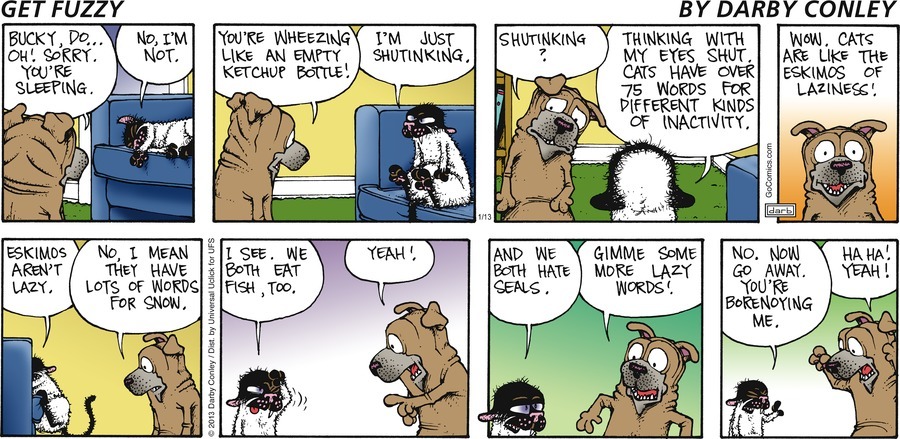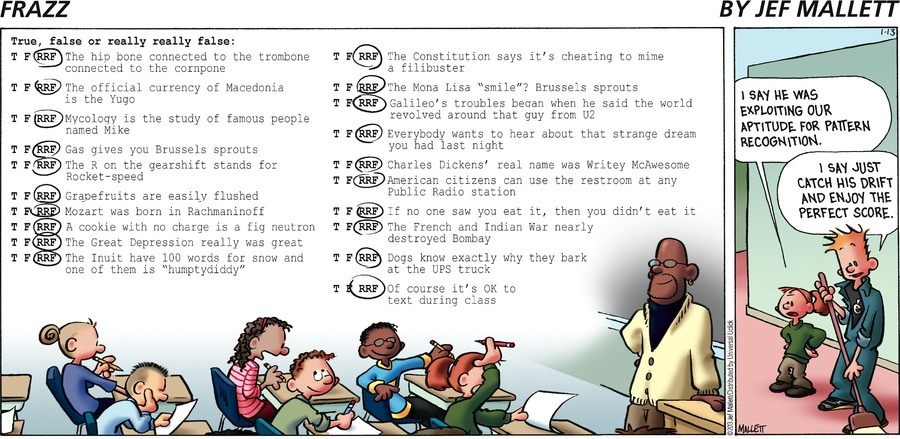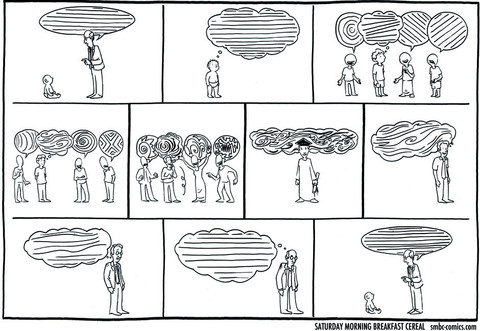Bad science reporting again: the Eskimos are back
You just can't keep a bad idea down. And you just can't lift the level of bad science journalism up. David Robson of New Scientist, in a piece published in that pop science rag a couple of weeks ago (issue of 22/29 December 2012, p. 72; behind a pay wall) and now also published in the Washington Post, reports on a book chapter by Igor Krupnik and Ludger Müller-Wille about anthropologist Franz Boas's travels in the early 20th century with a Canadian Inuit band whose language he learned. Robson says of Boas:
Mentioning his observations in the introduction to his 1911 book "Handbook of American Indian Languages," he ignited the claim that Eskimos have dozens, or even hundreds, of words for snow. Although the idea continues to capture public imagination, most linguists considered it an urban legend, born of sloppy scholarship and journalistic exaggeration. Some have even gone as far as to name it the Great Eskimo Vocabulary Hoax. The latest evidence, however, suggests that Boas was right all along.
Not a single statement in this passage is correct.
Read the rest of this entry »
Permalink Comments off






